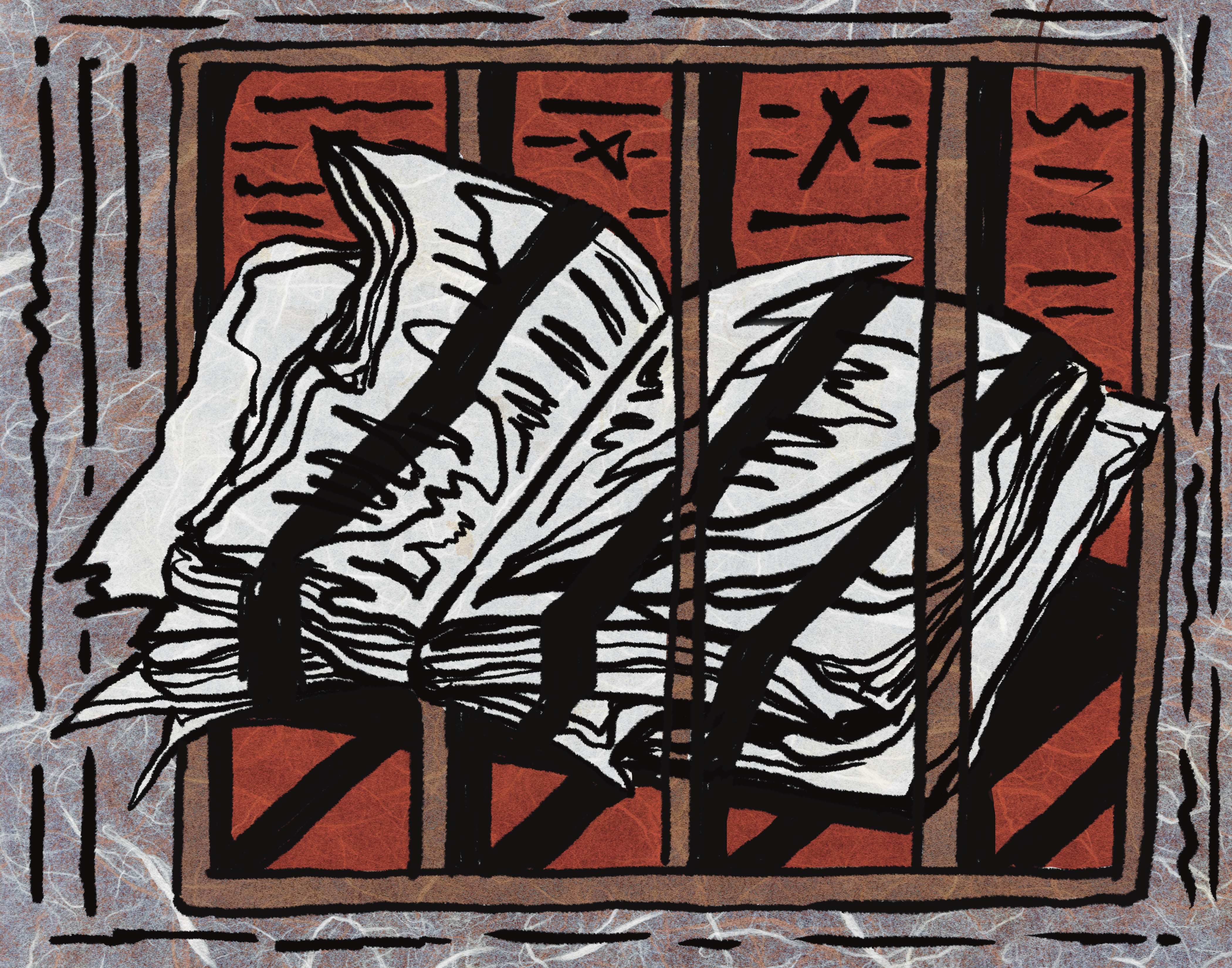Last year, Governor Bill Lee unveiled a plan for Hillsdale College, a small conservative college in Michigan, to open up to 50 charter schools in Tennessee using $32 million in public funds. Part of a larger push by Republican lawmakers across the country to influence how certain subjects like history are taught in secondary schools, Lee explained that the proposal would promote “informed patriotism” and help “[preserve] American liberty.” The centerpiece of this project was the Hillsdale 1776 Curriculum, which evolved from former President Donald Trump’s 1776 Commission chaired by Hillsdale College President Larry P. Arnn. It adopts a framework for teaching history that portrays the United States as “an exceptionally good country” to challenge the New York Times’ 1619 Project, which emphasizes the significance of slavery in US history.
Historians have criticized the 1776 Curriculum for its historical inaccuracies and political slant. For instance, it compares the Progressive movement to fascism under Mussolini because both “sought to centralize power under the management of so-called experts.” As one passage from the Hillsdale Curriculum explains, “Progressivism was a rejection of the principles of the Declaration of Independence as well as the form of the Constitution.” While Hillsdale College advertises the less controversial elements of its program, such as its instruction of the “great works of literature, philosophy, politics, and art,” many of the political undertones of the 1776 Curriculum remain. Simply put, an organization that sees public education as a “[battleground] in our war to reclaim our country from forces that have drawn so many away from first principles” cannot credibly claim to be objective.
Interestingly, the effort to implement Hillsdale’s educational vision has faced intense opposition, even in deep red Tennessee. Local residents in Madison, Montgomery, and Rutherford counties rejected Hillsdale’s charter school application. Skillern Elementary, the only school in Tennessee to use Hillsdale’s curriculum, recently terminated its agreement with the college and vowed not to use “civics lessons based on American exceptionalism.” House Speaker Cameron Sexton, a Republican, even promised to introduce legislation that would increase scrutiny on the curriculum approval process, including preventing the governor from unilaterally approving changes. While the future of Hillsdale charter schools in Tennessee remains unclear, this initial opposition may indicate the limits of public support for efforts to change history curriculum, particularly in regard to American exceptionalism and the role of race in US history.
Through efforts like the Tennessee charter school proposal, Hillsdale College seeks to use education reform as a “Trojan horse for spreading its vision of an unchanging United States, glorifying the past while urging a return to so-called ‘first principles.’ Concretely, this ideology manifests in an inaccurate portrayal of the early United States, a time period that Hillsdale’s former President George Roche hailed as one where the country “was secure in her faith… not sodden, as it is now, with ‘problems’ and guilt and self-doubts.” Brushing aside issues of injustice and violence, this understanding portrays historical introspection as a negative force creating “problems” for the modern United States.
Hillsdale College’s treatment of the civil rights movement is similarly problematic. For example, Hillsdale-affiliated teachers in Tennessee would be encouraged to discuss how “the civil rights movement was almost immediately turned into programs that ran counter to the lofty ideals of the Founders.” Once again, the curriculum makes the ideological case for prioritizing the American founding over the ways in which those ideas have been reinterpreted and expanded over time. The Hillsdale 1776 Curriculum even claims that federal laws to desegregate lunch counters, hotels, and theaters was an area “where the line between private conscience and government coercion began to blur.” By incorporating the key conservative issue of “government coercion” into its messaging, the curriculum casts doubt over the merits of racial integration.
Despite the recent emphasis on school curricula within the Republican Party, Hillsdale College’s blatant distortion of history should be deeply unpopular among the American public. According to a survey conducted by the American Historical Association in 2020, 77 percent of respondents supported teaching about historical harms that cause students discomfort—including 78 percent of Democrats and 74 percent of Republicans. Furthermore, two-thirds of respondents agreed that “our knowledge of the past should change over time.” While controversial proposals like the Hillsdale 1776 Curriculum may have the support of politicians like Trump and Lee, the local opposition in Tennessee indicates that many voters, while perhaps sympathetic to certain arguments about “wokeism,” are unwilling to surrender the education system to political actors who overtly seek to impose a distorted version of US history. The failure of the Hillsdale College charter school expansion in Tennessee indicates the limits of the so-called “culture war” between American conservatives and liberals—even in a state that banned critical race theory from public schools in 2021. Providing students with an honest examination of US history should not be a partisan issue. Lawmakers and voters from both parties ought to come together to ensure that all students have access to high-quality education free from the ideological influence of groups like Hillsdale College.
